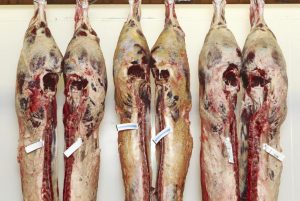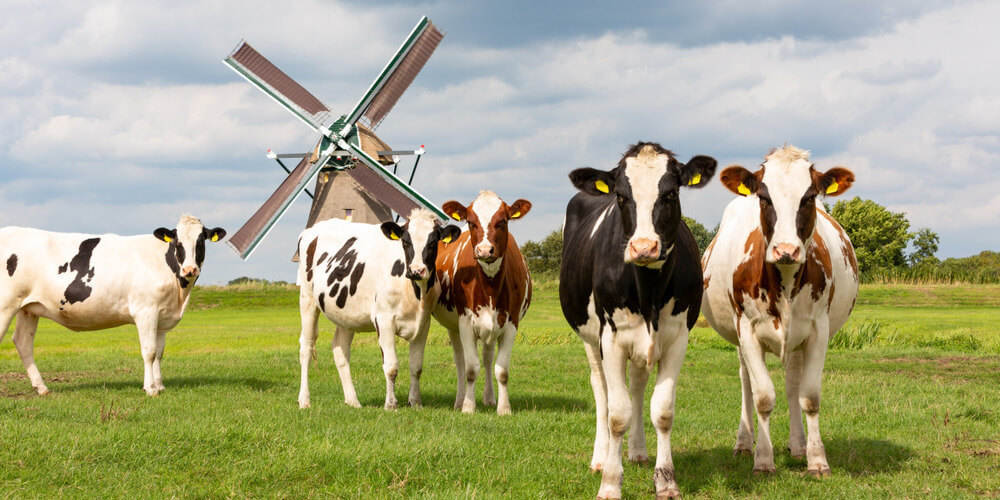July 10th 2013
 WARSAW, Poland (AP) — Polish farmers marched through Warsaw’s streets Wednesday to back government plans to repeal a ban on the religious slaughter of animals.
WARSAW, Poland (AP) — Polish farmers marched through Warsaw’s streets Wednesday to back government plans to repeal a ban on the religious slaughter of animals.
Lawmakers will vote Friday on a government draft law that would reinstate religious slaughter provided it is done only in slaughterhouses and excludes certain forms of immobilizing the animal. The vote’s outcome could go either way, since the issue is divisive and some among the ruling party’s lawmakers oppose the practice.
Until January, Poland was making about 500 million euros ($650 million) per year exporting kosher and halal meat to Israel and Muslim countries like Egypt and Iran. But the business practically ground to a halt in January, after ritual slaughter was banned under pressure from animals’ rights groups, which say it causes unnecessary suffering because the livestock aren’t stunned before being killed.
Islamic and Jewish slaughter involves a swift cut to the throat of a conscious animal and death by bleeding. Polish law requires that an animal be stunned first.
About 150 farmers with a life-size figure of a cow marched to parliament and the Agriculture Ministry to back the government plan, but around 100 artists and intellectuals issued a letter opposing it.
“We appeal for a vote against the slaughter of animals in Poland without stunning,” well known academics and actors said in the letter. “Exposing conscious beings to pre-terminal suffering, while we kill them for our own needs, is a terrifying evil and the majority of Poles age against it.”
But at stake are about 6,000 jobs offered by the industry, at a time when around 13 percent of adult Poles are without a job, and major contracts.
About 200,000 tons of kosher or halal beef and poultry were exported annually before the ban, or up to 30 percent of Poland’s beef exports and about 10 percent of poultry exports, according to Witold Choinski, the head of an organization of meat producers.
In a sign of the industry’s success, exports were growing between 20 and 30 percent per year recently as the largely agricultural Poland has capitalized on its low labor costs and a reputation for healthy farm animals.



